Due to the ongoing pandemic, clubs on campus have had to adjust their structure to COVID-19 protocols.
Due to COVID-19, Student Senate made an executive decision to not have clubs go through regularly scheduled budgeting during spring term of 2020. Along with realizing many clubs would not be able to submit a budget on time due to the overwhelming circumstances, they also sensed that clubs would have no concept of events or club environment for which to budget. Instead, they elected to give every club the same budget for the fall term of 2020 that they received in the spring. Outside of this decision, Student Senate Treasurer Andrew Liput, senior, explained that the Senate has made a concerted effort to meet the needs of any clubs requesting more funds.
“Well more than half of the events on campus in previous years involve food, and involve food that’s largely prepared. All of that is now off the table,” said Liput. “The idea was to give clubs a lot more leniency on having availability of funds.”
Liput said that historically, most Campus Life Office and club interactions are done in person when it comes to fund requests, event registrations, creating clubs and more. The necessary paperwork for club maintenance, traditionally readily available in the Campus Life Office in Seymour Union, is in the process of being added to the my.knox page under Campus Life Forms. They hope to make these resources more easily accessible for campus clubs.
As of now, there are 55 clubs on campus with a budget, however whether or not this number is inclusive of all active clubs is hard to say, as some might not necessarily be utilizing their budgets, or there are clubs that don’t have a budget who are still active. While the in-person nature of many campus clubs has not made for an easy transition to a remote club environment, many club presidents are determined to make things work.
Improv Club
Improv Club meets twice a week on Wednesdays and Sundays, from 8 p.m. to 10 p.m.
At the heart of Improv Club is the goal to teach members the skill of improvisation, which typically entails the club presidents calling scenes, naming certain constraints and the members acting out the scenario by making up the rest of it. When they’re not doing scenes, the club often plays games that help them practice thinking on their feet.
By nature, the club is very interactive and thus not pandemic-friendly. Club Presidents, juniors Casey Jones and Alexis Brown, have had to rethink their traditional agendas for every meeting.
“We got a lot of games, where socially distancing is just not possible. A big challenge has been going through the list of games we have and picking out which ones we can actually use, and which ones we’re going to have to modify, and which ones we’re going to scrap altogether,” said Brown. “That leads us looking for new games that we can start using, which is always a challenge.”
Even within the constrained improv sequences, Jones says there’s a natural tendency to shift closer to your scene partners and act as humans normally would. This feeds into an issue they had for the first few weeks of the term, which was finding a space large enough to safely hold meetings.
They’ve since negotiated to meet in the Trustee’s Room of Alumni Hall, where everyone can maintain six feet of social distance. Members will have to be mindful both of how close they are and projecting their voices more, since they need to wear masks.
“We’re not used to having to keep ourselves apart from each other, which is a problem we’re finding in our everyday lives too,” said Jones. “But I think it’s going to be a particular problem for the skill of improvisation, and we’re going to have to find new ways to work around that.”
There are four pillars of improvisation, which focus on the characters in the scene, their relationship and how those acting in the scene should go along with whatever direction the scene begins to take, also known as the “yes, and..” rule. Brown stated the most important rule they will practice going forward is the last rule, which is Object-Work. Since Improv Club doesn’t use any props, this pillar involves the in-scene member to use their limbs to mimic the use of whatever objects are in the scene.
“What we typically do is, we have two chairs set up on stage or wherever we’re rehearsing our performance, and then those are the only props that we get… If I’m supposed to be making pasta, you’re not going to see me hold a bag of pasta but I’m going to take it and I’m going to pour it, then I’m going to mix the pasta…” said Jones. “It’s one of those skills that we try to work on and make clear what we’re doing, and we don’t confuse our audience by messy Object-Work.”
Improv Club plans to work out ways that students who are remote can still stay involved. This has been one of their most puzzling issues, as the meetings are very difficult to adapt to video conferencing. As an executive board, they have considered trying to utilize video-sharing websites like YouTube, as well as putting more emphasis on their social media presence. The club can also no longer have live performances as usual, so they want to put the most focus on the best techniques for improvisation rather than preparing for an audience.
“While we can’t perform, we can just work on polishing and honing the skills and teaching them to the new members that haven’t had any improv experience yet. So we can kinda get that down by the time we can do shows,” said Jones. “People can tell that we’ve been putting work into it, and that we’re our best even though the times are very difficult for something like this.”
Tea Club
Tea Club meets weekly on Wednesdays from 8 p.m. to 9 p.m.
During his freshman year, recognizing the power of warm herb water and friendship, senior Isaac Hughes formed the Knox Tea Club. The club has offered informational workshops and various events in the past, but through many trials, their main mission is to make space for students to de-stress over tea.
“A lot of clubs are a source of stress for students and extra work and all that,” said Hughes. “While we still wanna be a legitimate club on campus of course, we still want it to be a place where people can relax a little bit.”
Tea Club traditionally held cozy meetings with its members in the lobby of Post Hall, offering a variety of blends to choose from and friends to sit with. Now those meetings take place online via Google Meet. The Knox calendar event for virtual Tea Club declares, “The pandemic won’t stop the immeasurable power of tea club!!!!!” However, Hughes admits, the virtual setting does present challenges such as low attendance, trouble knowing what to budget for and the recently coined term “Zoom fatigue,” defined by Psychology Today as “the tiredness, anxiety, or worry resulting from overusing these virtual platforms.”
“We’ve held a couple [virtual meetings]… and you know it’s tricky, people don’t want to be spending more time on Zoom than they need to,” said Hughes. “So making them engaging is a little bit hard, but we still feel like there’s a need to host them, and the people that come really enjoy them.”
Despite these newfound obstacles, Hughes has seen an inertia for clubs to adapt, with new first-year or transfer students in need of ways to meet people and a hearty club budget as motivating factors to keep maintaining the club routine. After promising correspondence with Administrative Assistant Missy Kratz to decipher what their fall budget would be, Hughes has big ideas for the future.
While tea was a regular budget item in the past, the club is looking for ways to provide tea for club members in the comfort of their own residences.
“I think that we’ll probably boost that part of [the club], and begin doing some deliveries of tea.” said Hughes. “Also, be on the lookout for Tea Club Stickers… They’re gonna be nice ones, trust me. They’re gonna be water bottle worthy, or laptop worthy, you know what I mean.”
Lo Nuestro
Lo Nuestro meets weekly on Mondays from 6 p.m. to 7 p.m.
For senior and President Monica Cardoza, Lo Nuestro meetings at Casa Latina felt homey. Since the pandemic, the club has moved from their regular site to Google Meet. With Lo Nuestro being a cultural club, they feel that being in person was an important aspect of the feeling of community, some of which has gotten lost over WiFi connection.
“We have couches, the house has orange and yellow walls, and you see all the flags of Latin America up on the wall. There are also a lot of different art and paintings by Diego Rivera on the walls. I just find that comforting, to go into a space that you can identify with and that you can see yourself in…” said Cardoza. “Culturally, you can talk about things but you’re not in the same space. And having that space, to me, really made the meetings what they were.”
Cardoza feels that in-person meetings are optimal for Lo Nuestro, as their meetings often address heavier topics relating to identity. With current events in the United States, such as the Black Lives Matter movement and a pandemic disproportionately affecting communities of color, as reported by the CDC, they find it important to have conversations that bring intersectional issues in the Latinx community to the forefront.
They especially want to create space for less represented Latinx identities, such as Afro-Latinx and Indigenous-Latinx. Cardoza expressed that conversations around social justice during this time, while important, can be mentally enduring, and hopes to strike a balance between awareness and compassion in club meetings.
“A lot of the things that we talk about are of course about our identity, and so, it just kind of feels like emotional labour in terms of trying to talk about these things when you’re trying to avoid them, but also stay connected to your culture and your roots. And so I find that difficult, particularly for me. And I assume that other people are also going through the same, if not, similar things…” said Cardoza. “And something that I’m sort of interested in is community care: how do we take care of ourselves, and also take care of each other while being able to have these conversations and still organize around these ideas.”
Financial struggles brought about by COVID-19, as reported by the World Economic Forum, have also impacted Lo Nuestro. A few members of the newly elected executive board have had to transfer or leave Knox as the cost of attendance was no longer plausible. Cardoza and the other executive board members have had to manage three vacancies by taking on extra responsibilities until they can get them filled. Some of the vacant positions are particularly important for maintaining business as usual.
“My VP, she’s helping me a lot with the Treasurer position, because she was treasurer last year, and I know nothing about being a treasurer,” said Cardoza. “And so, that’s one of the most important positions, especially if you want to get fundraising, or if you want to host these events.”
Lo Nuestro has been able to hold and plan events so far, most of which have been collaborative with other cultural organizations on campus. In honor of Hispanic Heritage Month, they held a dialogue with MeCHA about the terms “Hispanic” and “Latinx,” and what both terms mean. They have another event planned with a Halloween theme, where attendees can “Trick or Treat” for various cultural and self care items.
Anime Club
Anime Club meets weekly on Friday from 7 p.m. to 8 p.m.
Anime Club, the self proclaimed best club on campus, is adjusting to virtual meetings for the first time this fall term. Their in-person gatherings in the past, garnering anywhere from 18-45 attendees, centered around building a community of students from all backgrounds and levels of exposure to anime.
While some clubs continued to hold online meetings throughout spring term’s remote learning, President Jonathan Doriscar, a junior, felt that it might be a stressor for students who were already adjusting to a new reality.
“Spring term we didn’t really have any meetings at all, only because the term was very difficult for everyone. It was tough for me to imagine,” said Doriscar “I’m an RA, so as an RA it was tough for my residents to attend meetings, let alone I could imagine how tough it would be for anime club members.”
However, Anime Club had already taken on virtual engagement outside of club meetings before the novel coronavirus pandemic touched down. The club had created its own server on Discord, an application popular among gamers for communication. Various features such as voice chat and different topic channels made it an ideal platform to maintain contact among club members. Doriscar found this virtual presence particularly important, as he felt many members consider Anime Club a significant part of their identity.
“Members of Anime Club could talk freely amongst each other and also amongst the exec and everything, so that kinda helped us when it came around for spring term because we were able to keep in constant conversation and contact with all the members via Discord,” said Doriscar. “If a new anime was coming out, we could send out a new anime. If we’d seen a funny anime meme, we’d send out a funny anime meme.”
Reconstructing the more organized club protocol for fall term has brought about a few hurdles. Doriscar decided to use Zoom as an online platform for hosting meetings, as he felt like it would make the meetings more secure from new virtual threats such as Zoombombing, when a video call gets hijacked. Yet, this often entails a need to create two meeting links, as Zoom typically has a time capacity of 40 minutes for free users.
He also elaborated that executive board member, junior Lilly Winter had the idea to use a QR code on Anime Club posters, so students who wanted to join could scan the code with their phones and put their name on the club mailing list. The problem has since been fixed, and a significant amount of students have signed up to receive club information.
“[It’s] essentially like what we would do in Seymour Gallery where it was like, sign-up sheets, sign-up sheets, sign-up sheets,” said Doriscar. “This is a very safe way to allow people to still sign up and to interact with us also, via posters.”
Doriscar reports that the meetings have gone well, and gives much credit to his executive board for Anime Club’s ability to adapt.
Students for Sustainability (S4S)
S4S meets weekly on Mondays from 8 p.m. to 9 p.m.
Since the campus switched to virtual learning for the first time during the spring term of 2020, Students for Sustainability maintained their weekly meetings via Google Meet.
In addition to sending out a weekly email with informational articles and podcast episodes on sustainability, the club also managed to hold a virtual event with Rafael Pease, a professional athlete and conservation activist, as an homage to Earth Month in April.
As spring term came to an end, many S4S club members graduated. Much of their executive board members have entered their final year at Knox, yet president Caitlin Edelmuth, a senior, has felt encouraged about the future of the club, as many new faces have attended S4S meetings this fall. She describes the current club makeup as almost exclusively freshman.
“We have [a new member] who has done activism work in the past, we have another [new member] who has done sustainable sculpture and stuff like that, andÉ there’s a bunch of people who have done Meatless Monday related things at their high schools,” said Edelmuth. “We’re encouraged to see so many fresh faces and so many very good ideas and passion for the field, coming in and joining because then we can pass [the club] on to people who care.”
With many ideas and goals within the club, they’ve decided to divide their members into four committees: event planning, content, Meatless Monday and Sunrise. With a transition to all things virtual, the club wants to provide more educational resources on their social media pages, such as their Instagram @Knox_S4S.
The club has also generally shifted more attention toward activism this term in connection with the social justice movements that have taken place throughout 2020, which has inspired the creation of the Sunrise committee. They’ve begun to work in conjunction with Sunrise Movement, a movement of young people uniting to stop the climate crisis, to create some tangible changes at the government level. Much of their social activism is COVID-friendly, i.e. accessible from home.
“Isaac Hughes, the VP of S4S, is working with a group called Sunrise Movement that are focused on climate change, and focused on supporting candidates. so we’ve been doing a lot of phone banking,” said Edelmuth. “We have [phone bankings] every other week on Thursdays.”
As far as challenges, the club had some concerns that Meatless Monday would be discontinued given the circumstances. The Meatless Monday committee was formed to address this issue, as well as other food related issues such as compostable containers and food insecurity, which need to be addressed differently now as campus dining primarily provides food to go.
There’s also obstacles in regard to event planning, as the club wants to offer activities to do in person, but also ensure that everyone is safe and healthy. The club was successfully able to hold their first in-person event, a natural T-shirt tie-dye. They’re also trying to accommodate remote learners by keeping some activities, outside of their club meetings, virtual.
“Our event planning committee is working hard to plan some really fun events that hopefully should work for at least people on campus, and then we’re gonna try to also do an additional event that anyone can attend virtually,” said Edelmuth. “We might do some other planting event, or I would love to host some kind of virtual talk for people to attend about food insecurity, or maybe other topics about sustainability.”
Allied Blacks for Liberty and Equality (A.B.L.E.)
A.B.L.E meets weekly on Thursdays from 6 p.m. to 7 p.m.
With the stresses of life complicated by COVID-19 and politics, A.B.L.E. is centered on striking a balance between holding important dialogue and community care. Junior Myla Boyd, A.B.L.E.’s president, described the typical protocol of club meetings as centered around a dialogue about different political, social and educational topics, with a fun game or movie night now and then.
At the core of their gatherings, A.B.L.E. strives to create a safe space for Black students to be themselves, talk about their experiences, and enjoy each other’s company.
“Talking about really heavy stuff all the time can be so emotionally draining, so we wanna switch it up and do game nights there, but now that we’re in the pandemic, what we have been doing is Google Meets for meetings,” said Boyd. “That’s what we did during spring term, but still keeping that same energy of balance between real stuff and important stuff, but also that self care— let’s enjoy each other’s company, community building through games and just talking about anything other than politics and activism and stuff like that.”
Boyd admitted that the transition to Google Meet has not been easy, especially as A.B.L.E. has experienced an influx of club members in the past year. Whereas a large group in the A.B.L.E. house was fun and exciting to accommodate, Boyd expressed it is more of a challenge to engage everyone in a Google Meet.
While they did decide to hold their first meeting outside, the club ran into issues such as bug bites and having to remind people to stay six feet apart.
“We were talking about it the other day, how we wanna do breakout rooms so it makes it easier for people to talk, but at the same time, you lose out on that community bonding experience of having everyone in the same room together, so that’s been difficult,” said Boyd. “And then also trying to do the in-person meetings.”
A.B.L.E. typically holds an in-person annual BBQ at the start of fall term, but was unable to host the event due to the difficult circumstances. Still, the club is planning for more events in the future that can work with COVID-19 campus guidelines. Despite all the trouble of running a club in these times, Boyd is optimistic for A.B.L.E. and all its new members.
“We meet every Thursday at 6 p.m., from 6–7, but we always go a little bit over [time], because we get excited,” said Boyd.

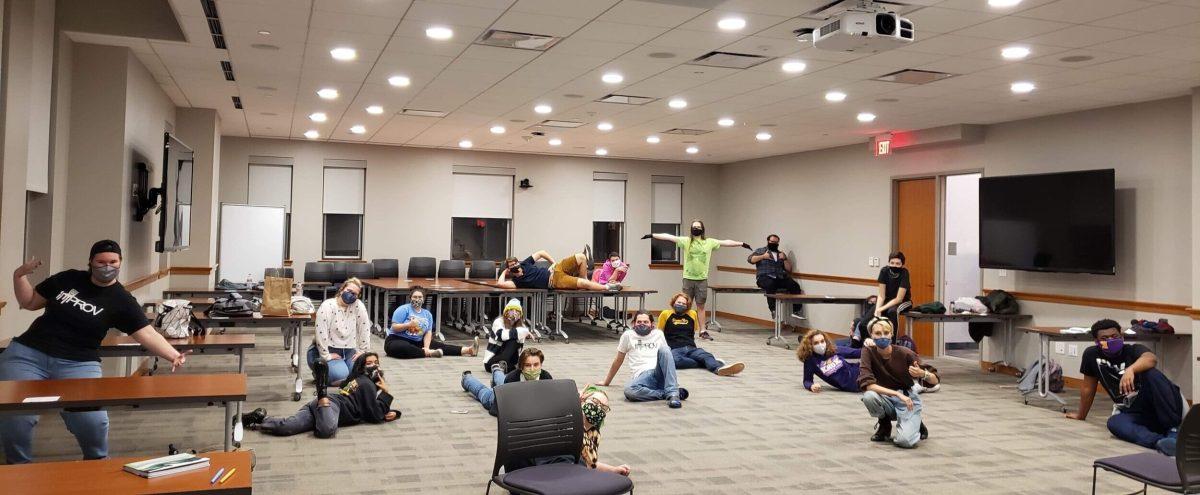

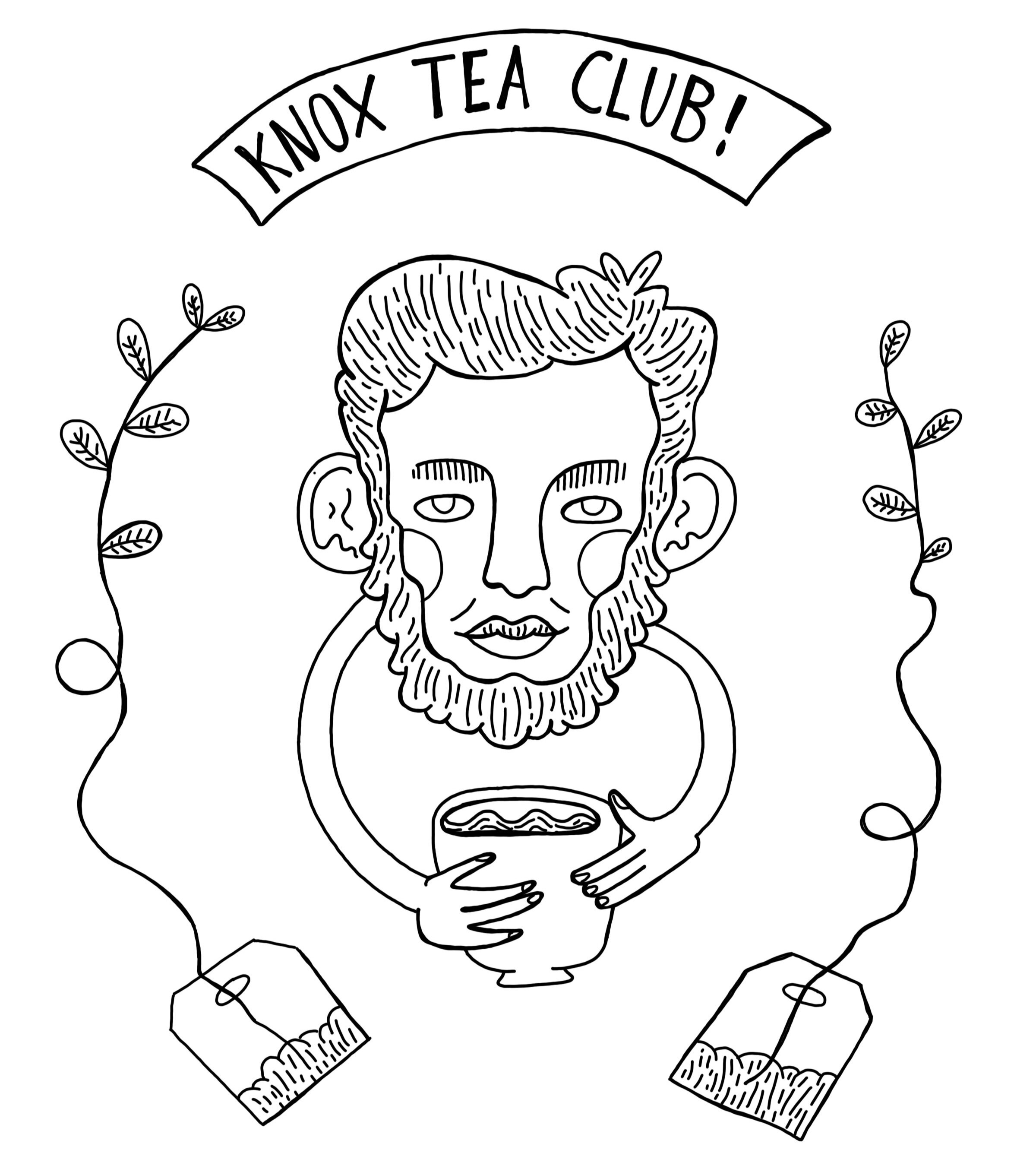
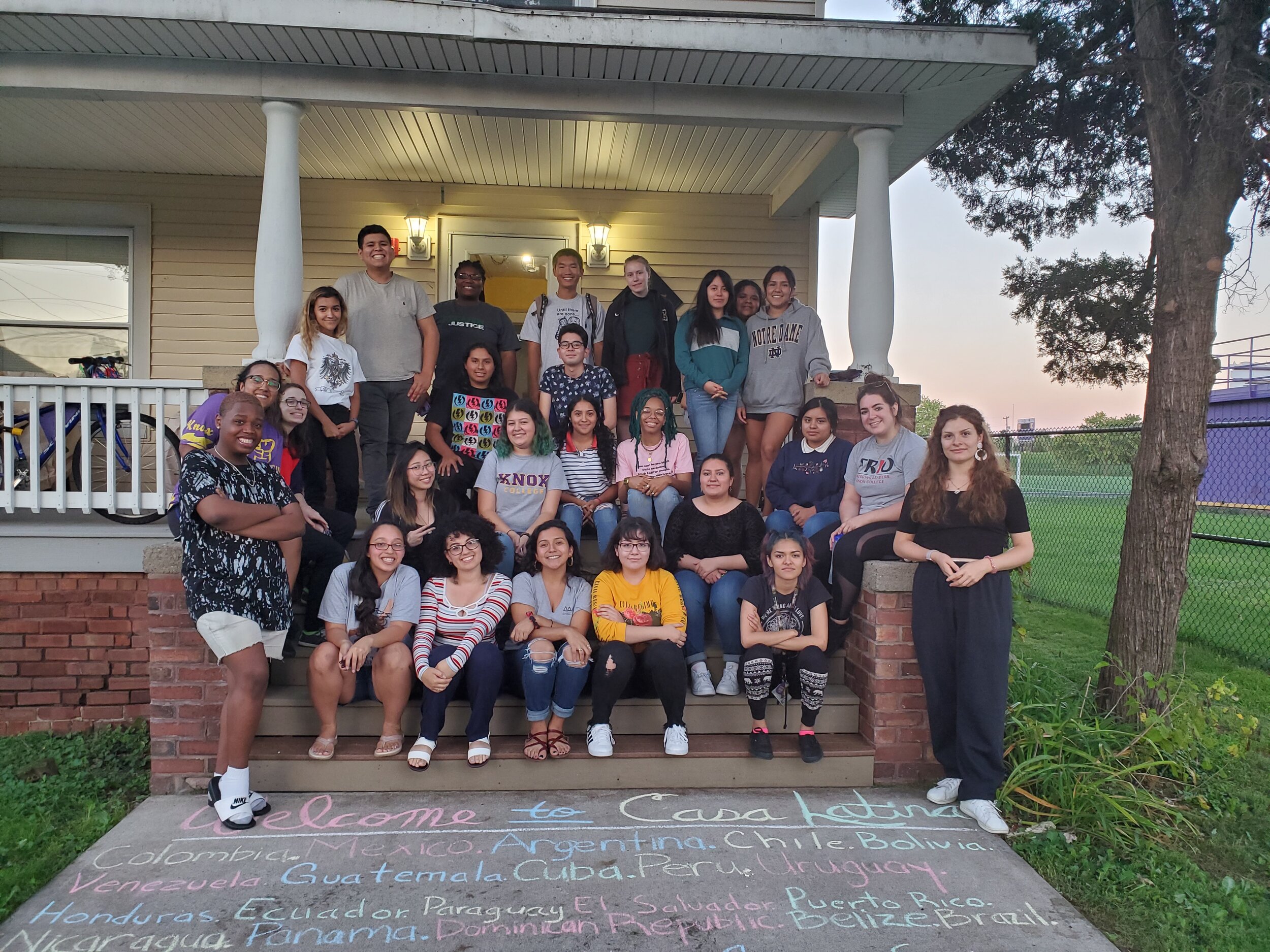
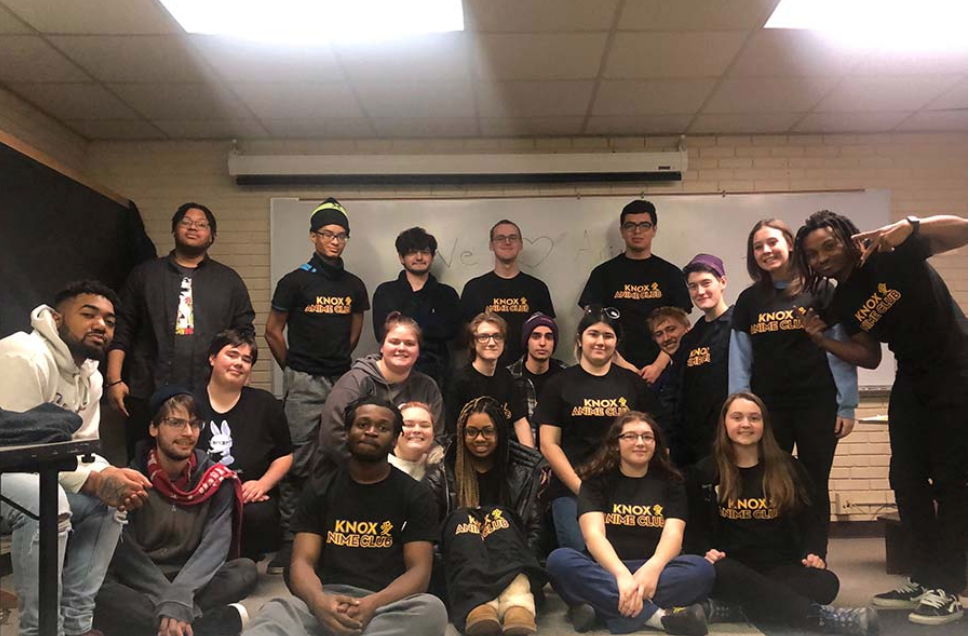
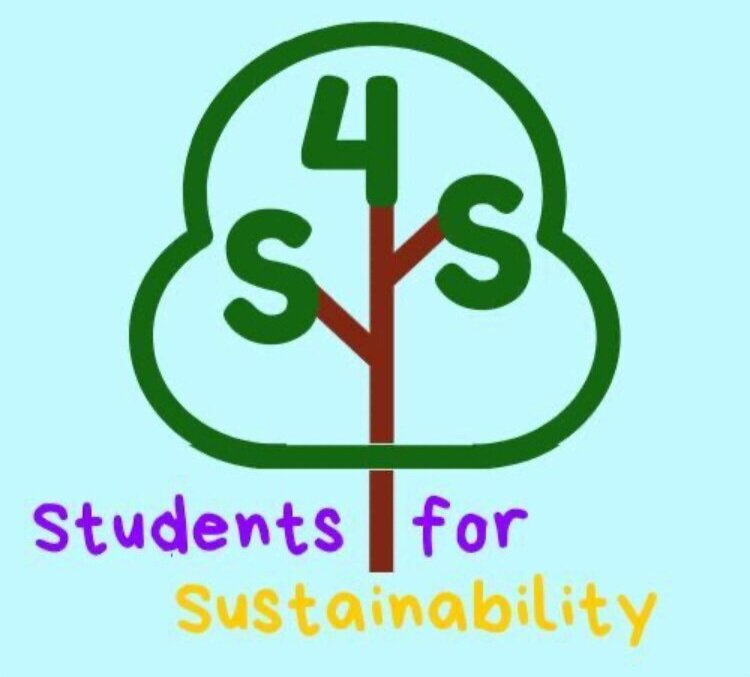
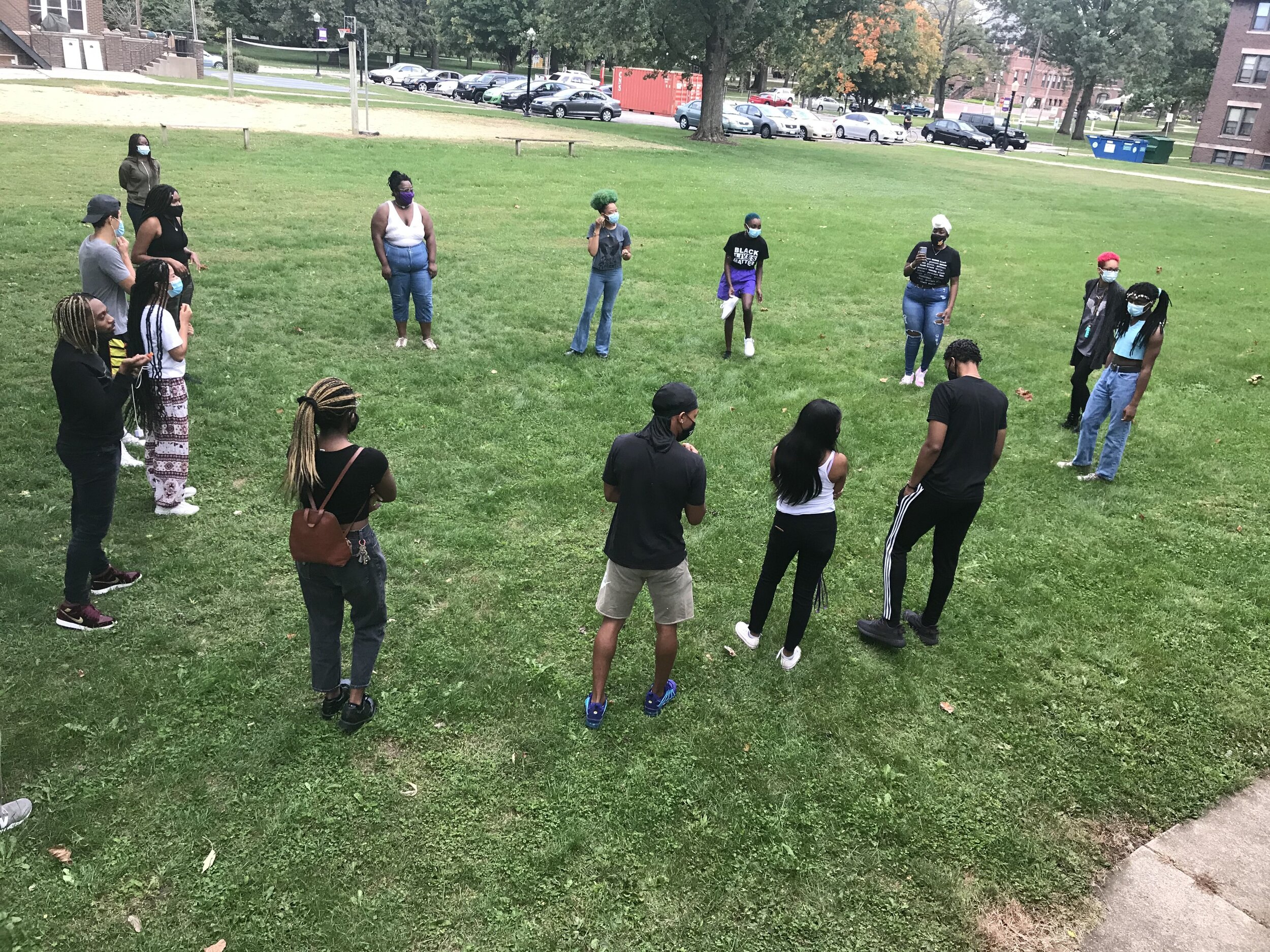




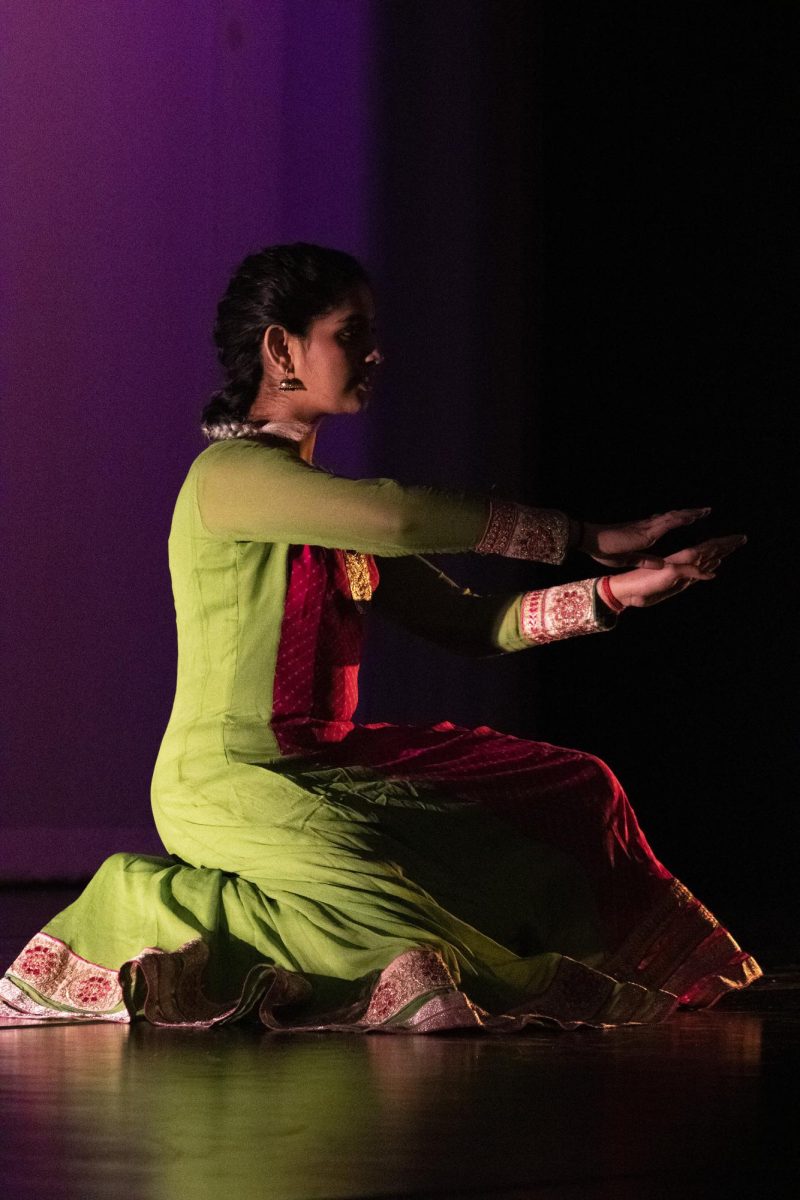

Makcorps • Jul 25, 2023 at 3:18 pm
Great blog you hhave here